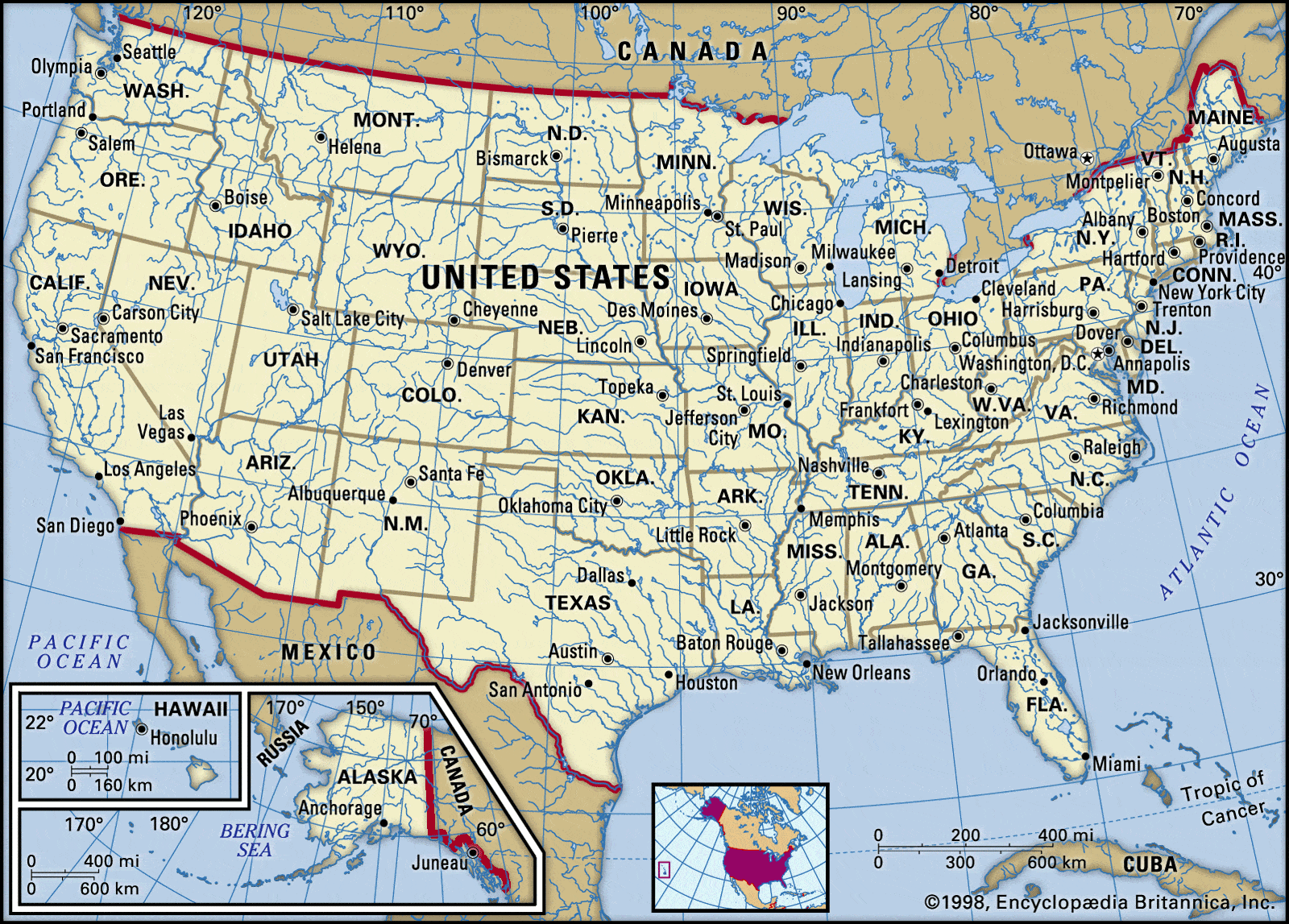Did you know that a lot of states—especially the ones that have a state income tax—actively challenge claims by former residents that they’ve moved out of state and changed their tax domicile. These states may try to use any connection a former resident maintains with them to justify their continuing to tax the former resident.
J.P. Morgan’s recent article entitled “Changing your state of residence” says to have your move respected, you really have to move. Half-measures don’t cut it and could leave you open to claims by your former home state that it should still be able to tax you. Domicile for tax purposes is a matter of intent, and that intent is implied by your actions.
Changing your residence is a legal issue, so consider this checklist of items. There’s no bright-line rul., However, the more of these you can check off, the more likely it is that you’ll be deemed to have changed your residence for tax purposes.
- Change your driver’s license to your new state and cancel your old state’s driver’s license.
- Register your vehicles in your new state and notify your insurance company of the move.
- Register to vote in your new state and cancel your old state’s voter registration.
- Move your membership to a local house of worship in your new state and make local contributions.
- Purchase a home in your new state and if possible, sell your home in your old state. If you can’t buy right away, rent with a long-term lease.
- Claim a homestead exemption in your new state (if applicable), and relinquish any homestead claim in your old state.
- Revise your estate planning documents (wills, trusts, powers of attorney, health care powers of attorney, advance care directives, etc.) to indicate your new state of residence with a local estate planning attorney.
- Change your financial accounts to your new state and don’t keep accounts in your former state.
- Get a library card in your new state.
- Use local medical professionals and send your medical records to them.
- Change your address with the IRS and list your new address on your returns; and
- Focus your activity (economic, social, and financial) in your new state.
As a general rule, you want to stay out of your former state more than 183 days in each calendar year (this number may vary by state). Therefore, the closer you are to this tally, the more likely your former state will want you to prove that you were outside of that state for more than 183 days. You should keep a daily calendar (with receipts) that demonstrates you were outside your former state for each day. In the first year you claim non-resident status in your former state, you may be more likely to experience a residency audit than in future years, no matter how close you are to the threshold. While you don’t have to be in your new state for more than 183 days, your former state will look at how many days you spent in your new state as a factor in determining if you have established residency in the new state.
Reference: J.P. Morgan (July 22, 2021) “Changing your state of residence”



